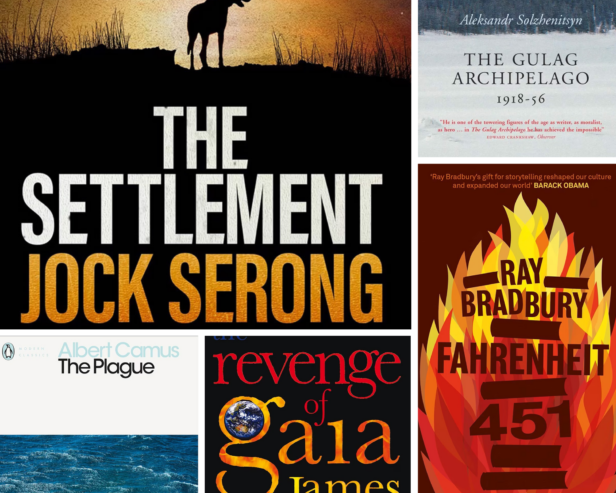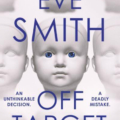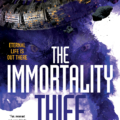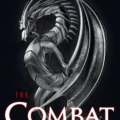In my new novel The Descent, one of the protagonists, a young woman known as Sparkplug, muses: ‘It was as if people didn’t know what was happening. As if they didn’t know that the decisions had already been made. And here they all were – here we all were – pretending that everything could just go on as it always had, sleepwalking towards the edge of the cliff.’
It is August 2027, demagogues are taking power, climate change is starting to bite hard, and the world is a scary place, especially if you are young and poor.
With so many worrying things going on around the world – pandemics, climate change, biodiversity loss, wars and rumours of wars – the cautionary tale has never been more important. Whether fiction or non-fiction, these looks into the future are more than just flights of imagination. They can help us understand what we need to do right now to create the world we want.
There were many novels that I could easily have included on this list. Orwell’s classic 1984 (published in 1949) and Huxley’s Brave New World (1932) paint chilling portraits of future worlds gone horribly wrong. Emily St. John Mandel’s 2014 novel Station Eleven about a future pandemic was a massive seller worldwide. The recent Netflix film Don’t Look Up was a brilliantly dark commentary on the dangers of climate change. But I have settled for five books that will surprise, inform, and scare the hell out of you.
La Peste (The Plague) by Albert Camus

Written in 1947, this masterpiece describes a fictional outbreak of bubonic plague in colonial Algeria. Authorities decide to wait for definitive proof before acting, by which time it is too late. As the bodies stack up, the city is quarantined. Cut-off from those they love, everyone thinks their suffering is unique. Slowly, the people of the city respond. Some try to escape, others seek solace in religion and superstition. A few brave souls fight back. As time passes and weariness creeps in, everyone comes to see the disaster for what it is: a shared fate that might have been avoided. Powerful, deeply insightful, and prophetic.
The Gulag Archipelago by Aleksandr I. Solzhenitsyn
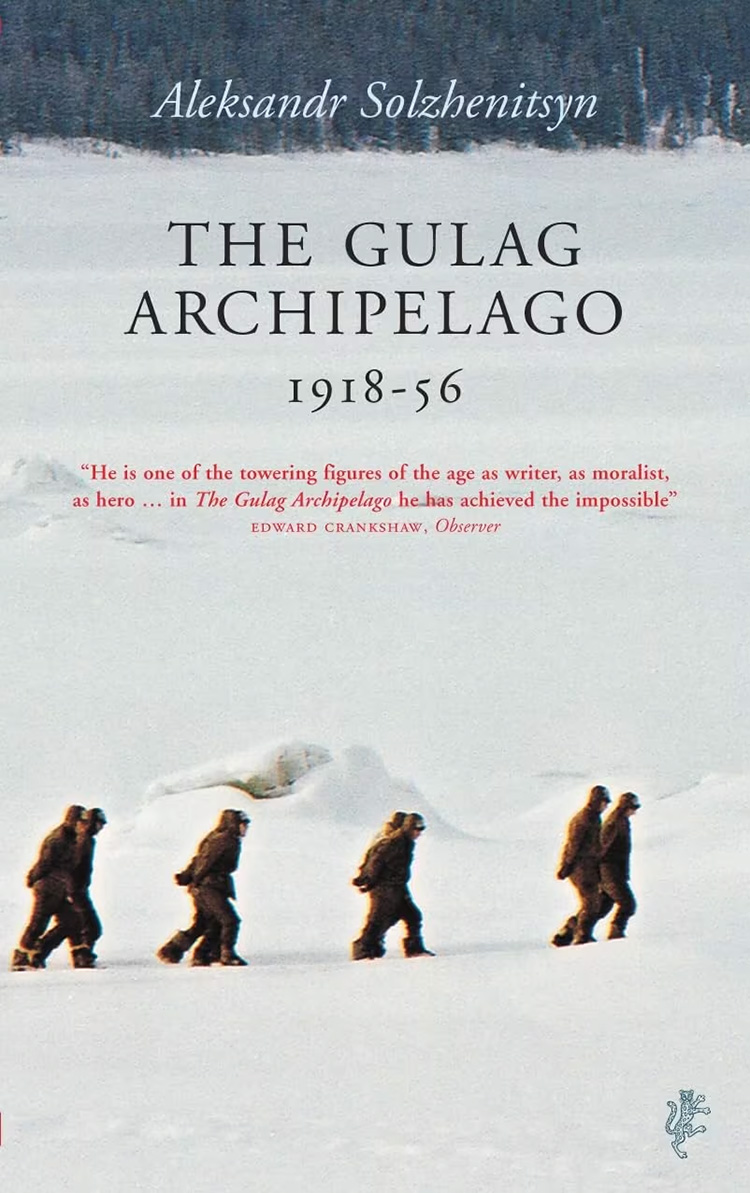
If you’ve never read Solzhenitsyn’s first-hand account of the horrors of the Russian prison camps under Stalin, and you want to understand more about the twin poles of darkness and light that lie deep within the human spirit, this is a must. The parallels with Putin’s Russia today remind us that the past is a great teacher. This book is as much about how people react to unimaginable deprivation as it is a warning about the dangers of totalitarian demagoguery.
The Revenge of Gaia by James Lovelock
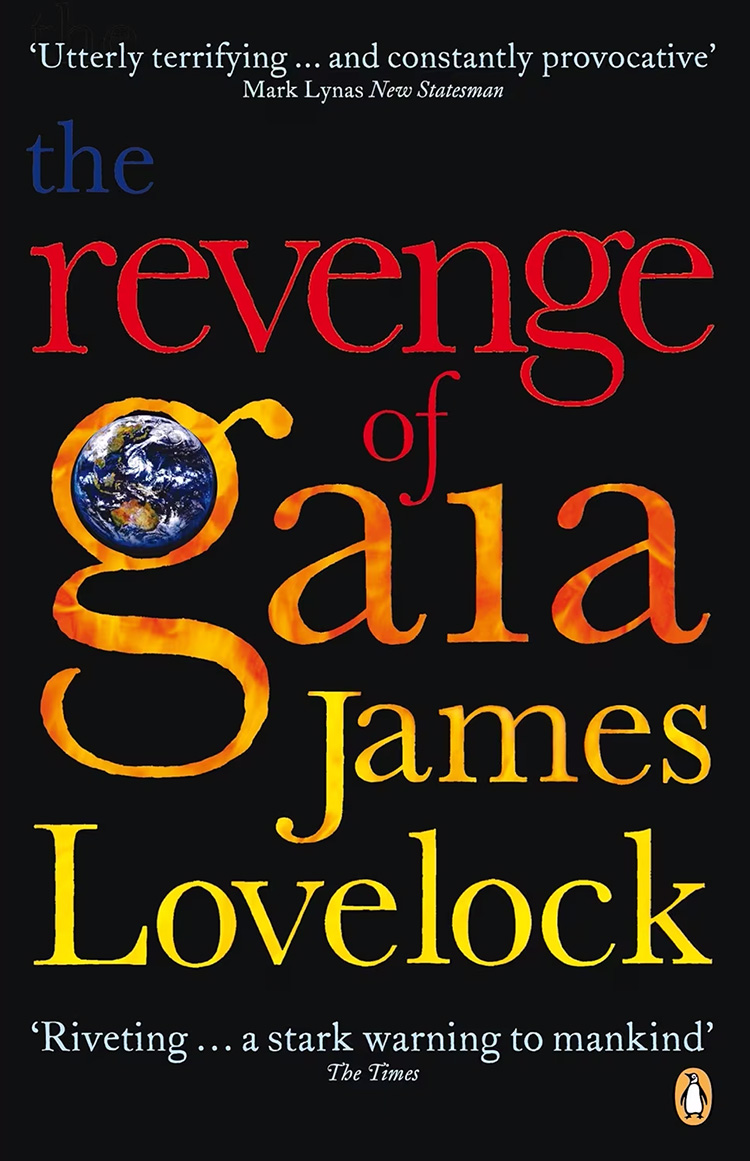
Time flows, unstoppable. This deeply prescient warning about the dangers of climate change was written in 2006, almost two decades ago. In my dystopian novel The Forcing, companion to The Descent, Teacher, the protagonist, writes: ‘Of course, the descent took time, and there were many points along the way at which it could have been slowed or reversed. We all watched, fascinated, unable to look away, as day by day an unwanted future became and unchangeable past.’ Lovelock describes how our unrelenting exploitation is driving Earth’s natural systems towards a variety of tipping points, beyond which the Earth will increasingly become uninhabitable to humans. And since he wrote it, we have continued our sleepwalk towards the cliff.
Fahrenheit 451 by Ray Bradbury
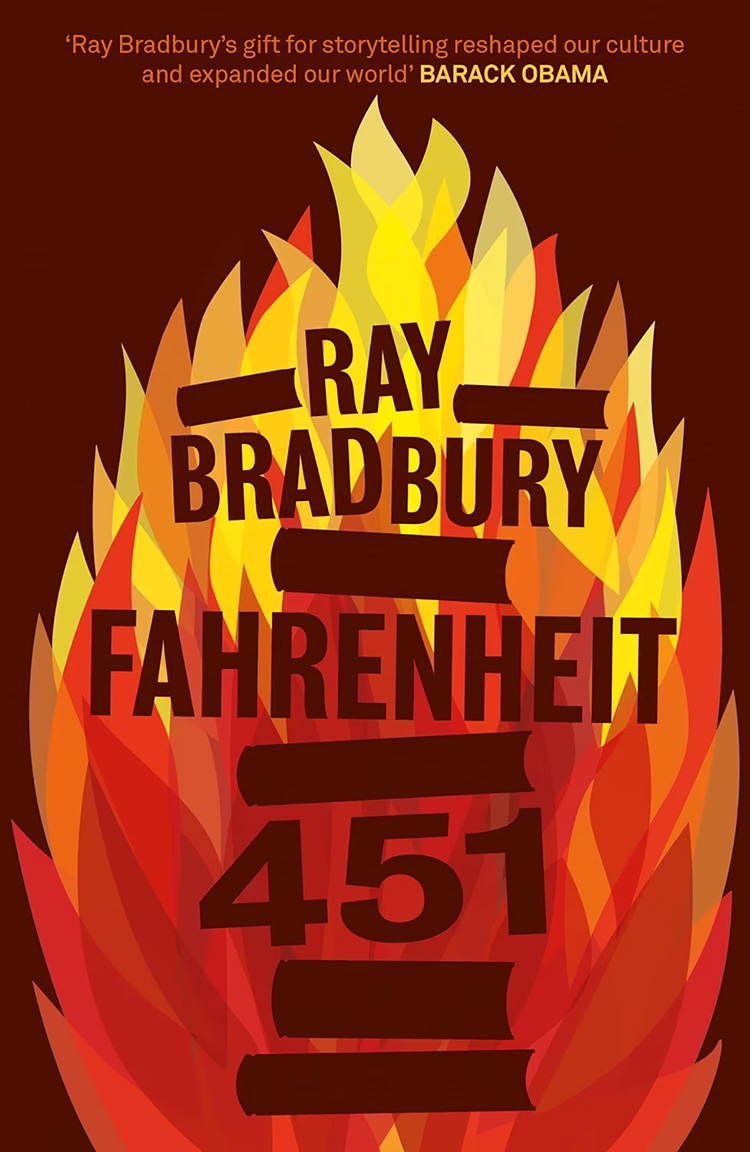
This classic of dystopian literature imagines a future where society has banned books. The themes are familiar: government oppression gone awry, the use of technology to control and manipulate people. But the story is anything but. The hero Guy Montage is a fireman, but with a twist. He sets fires. Worth reading if you’ve never had the pleasure, and reading again if you have.
The Settlement by Jock Serong
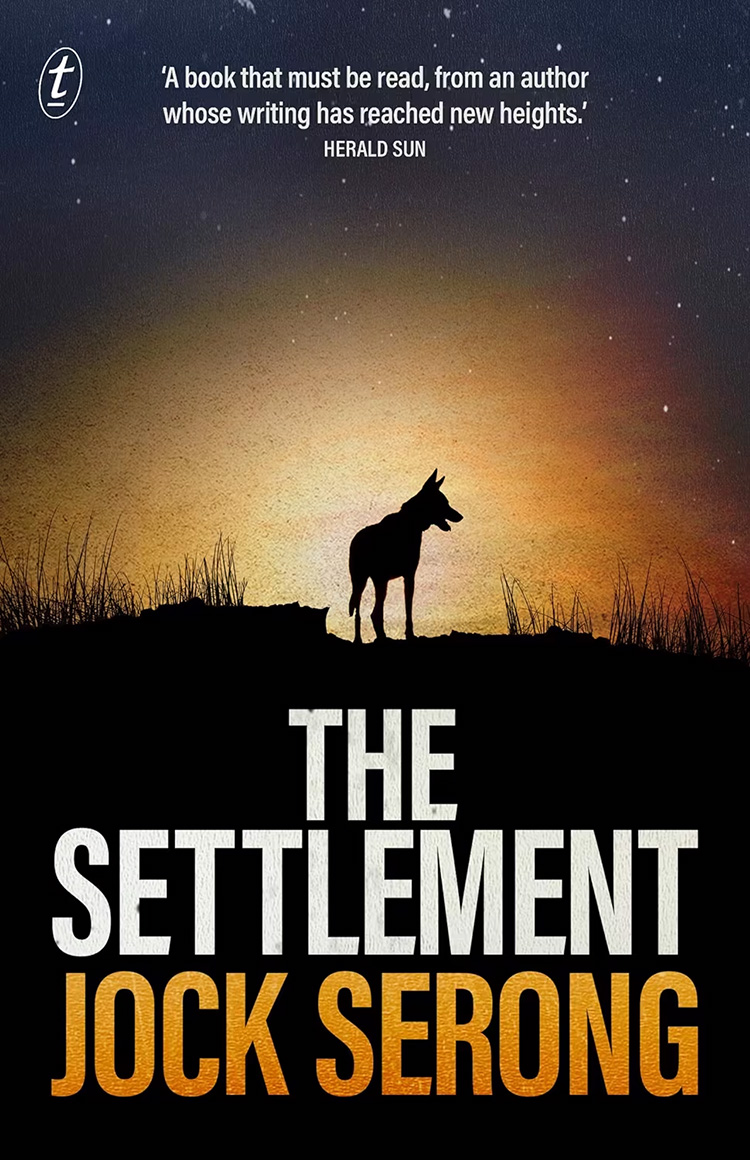
This beautiful, evocative work of historical fiction tells the story of the deluded and misguided evangelist George Augustus Robinson, who sets himself the task of rounding up the last remaining original inhabitants of Van Diemen’s Land, now known as Tasmania, to save them from slaughter. The Settlement describes a dystopian world set not in the future, but in the past. The 1830s to be exact. Robinson convinces the Aboriginals to surrender, and relocates them to a desolate, cold, wind-ripped island in the Bass Strait. This is a novel of great compassion that describes the extinction of a race. Genocide, it’s called sometimes.
Paul E. Hardisty is one of the world’s leading environmentalists and the critically acclaimed author of the dystopian climate-emergency novels The Forcing and The Descent, published by Orenda Books. Order your copy here.
